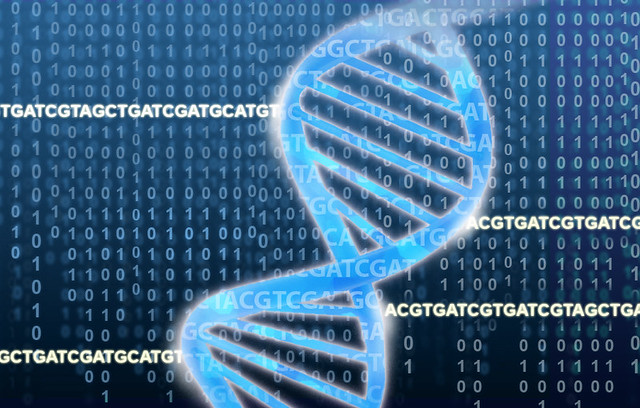A Nonprofit Wants Your DNA Data to Solve Crimes
By Emily Mullin,
Wired
| 03. 23. 2023
THE 2018 ARREST of Joseph James DeAngelo, infamously known as the Golden State Killer, put genetic genealogy on the map. Investigators created a DNA profile of DeAngelo using crime scene evidence, and uploaded it to a public genealogy database people use to find relatives. From there, police were able to identify DeAngelo’s distant genetic connections and, using public records, build out a family tree to eventually zero in on him.
It was the first publicized instance of genetic genealogy being used to identify the perpetrator of a violent crime. By one estimate, more than 500 murders and rapes have been solved with the technique in the years since. And those are just the ones that have been announced by law enforcement agencies. Although it’s mainly been a tool for cracking years-old cold cases, genetic genealogy was recently used by police to arrest Bryan Kohberger for the November 2022 murders of four college students at the University of Idaho. (Kohberger has been charged but has not yet entered a plea.)
But the technique is controversial because it relies on commercial...
Related Articles
By Arthur Lazarus, MedPage Today | 01.23.2026
A growing body of contemporary research and reporting exposes how old ideas can find new life when repurposed within modern systems of medicine, technology, and public policy. Over the last decade, several trends have converged:
- The rise of polygenic scoring...
By Stephanie Pappas, LiveScience | 01.15.2026
Genetic variants believed to cause blindness in nearly everyone who carries them actually lead to vision loss less than 30% of the time, new research finds.
The study challenges the concept of Mendelian diseases, or diseases and disorders attributed to...
By David Cox, Wired | 01.05.2026
As he addressed an audience of virologists from China, Australia, and Singapore at October’s Pandemic Research Alliance Symposium, Wei Zhao introduced an eye-catching idea.
The gene-editing technology Crispr is best known for delivering groundbreaking new therapies for rare diseases, tweaking...
By Josie Ensor, The Times | 12.09.2025
A fertility start-up that promises to screen embryos to give would-be parents their “best baby” has come under fire for a “misuse of science”.
Nucleus Genomics describes its mission as “IVF for genetic optimisation”, offering advanced embryo testing that allows...




